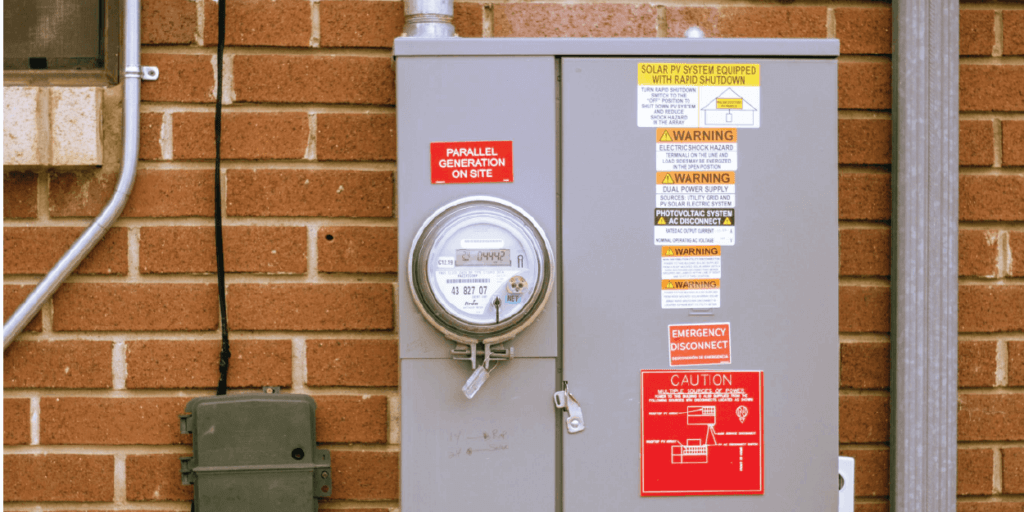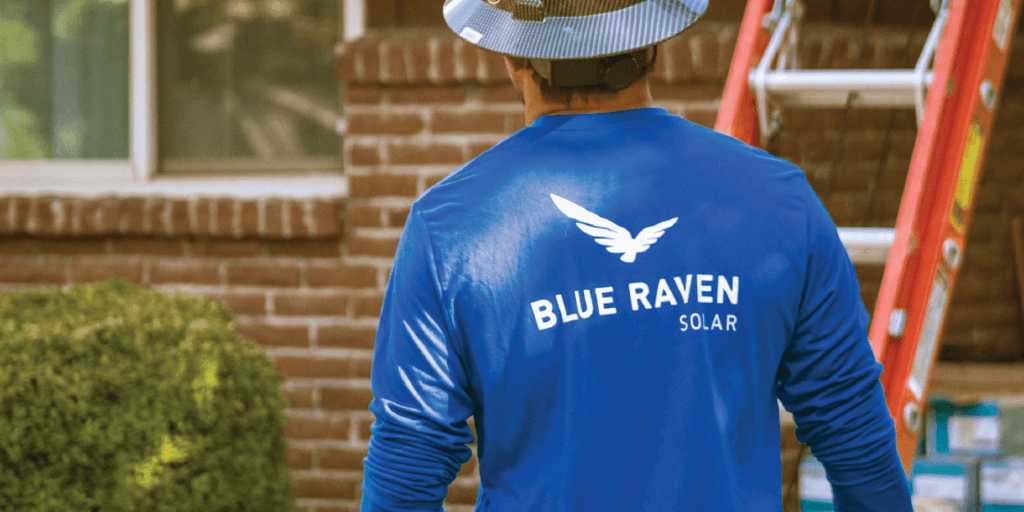
Did you know solar energy is the fastest growing renewable energy resource in the world? Driven by consistently falling prices, solar provided 54% of renewable electricity in the first quarter of 2023, up from 46% in 2022. This is because residential solar is a lucrative savings opportunity for homeowners nationwide.
According to Forbes, the average solar owner can save about $1,500 each year on energy costs. These are estimated through averages in different states across the nation and can vary from home to home.
Taking advantage of those solar savings is a simple process through different benefits. However, there are a few prequalifying questions most solar installers will ask throughout the process and before making the switch to clean, renewable energy.
Here are the most common questions to take into consideration and to find out if you qualify for solar panels:

1. Are You the Primary Property Owner?
Solar is a big decision affecting property value and utility usage and costs, not to mention the solar panels installed on the roof change the home’s aesthetic, structural balance, and overall condition. Blue Raven Solar only provides rooftop solar panel installation services to homeowners who live in and own single-family, independent homes – meaning no apartments, townhomes, rentals, etc. This is the first qualification to go solar.
2. Does Your Roof Have Minimal Shading?
Too much shade on a roof can defeat the entire purpose of installing a customized solar panel system. Tree removal and/or trimming are solutions many homeowners may take. If tree removal is an idea you would like to explore, talk with a solar expert to ensure it is necessary and our teams can assist.
If the shade is not covering the entirety of the roof, a solar installation company like Blue Raven Solar may design an array that is unaffected, depending on the space available.
Blue Raven Solar uses monocrystalline panels, which are more efficient in a smaller space than other options like polycrystalline or thin film panels. Learn more about different solar panels and their best uses.
3. Does Your Roof Have Integrity and What is the Angle?
Solar panels are about 40 pounds each, and an average home needs between 17-21 panels to offset monthly electricity needs. It is integral your roof can hold the weight for a long period of time, as the panels will likely stay for 20+ years. Some homeowners may need to do a full or partial reroof to adequately support the weight of their system. The ideal angle for solar panels is between 15-40 degrees on a south-facing section of the roof to reach maximum efficiency. While this can be worked around, depending on your roof and house design, it may cause the system to be strategically designed and implemented. Learn more about optimal roof conditions for solar.
There are also a few roof types that are not compatible with solar, but most homes have appropriate materials.

4. Do You Have a Recently Updated Electrical System?
Many solar installation companies have electricians who work directly with the solar installation teams on-site. They ensure your home’s electricity is up to code and working correctly for a seamless connection to producing your own power with solar panels.
If any upgrades are needed, the cost can go towards the total cost of the system.
Where net metering is concerned, check with your local utility company to find out if net metering can benefit you.
5. Who is Your Utility Provider and What is Your Average Monthly Utility Bill?
Many utility companies offer net metering programs to homeowners that produce their own energy. These programs are a great opportunity for extra savings, but not all companies participate. Check with your local provider to learn more.
While this is not a requirement, many solar experts advise homeowners to consider solar if their utility bill is $50 a month or more, on average. The more expensive your utility bills are, the more solar panels will offset your costs.
6. How do You Plan on Financing Your Solar Panel System?
Financing your solar panel system is one of the most common ways for homeowners to go solar. Like all loans, there are requirements to qualify. Blue Raven Solar partners with GoodLeap, a lender dedicated to helping deploy residential solar and SunPower Financial. To qualify for a loan, homeowners need to have a minimum 650 credit score.

Going Solar is Simple and Straightforward with Blue Raven Solar
Blue Raven Solar’s mission statement is to make homeowners’ lives better through renewable energy, and we want to bring this improvement to as many homeowners as we can. With our team of experts, you can go solar with the knowledge we are doing everything to make your solar project the best it can be, including going through all of these pre-qualifications to keep everyone informed and on the same page.
With end-to-end service, homeowners can trust we are looking to improve our practices to make going solar a simple and straightforward experience.



Sorry, the comment form is closed at this time.